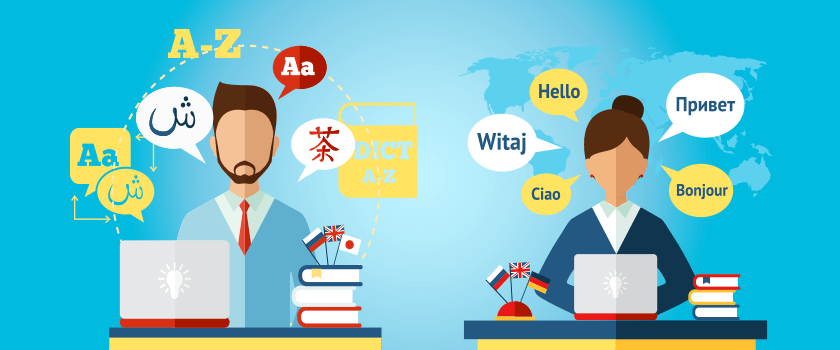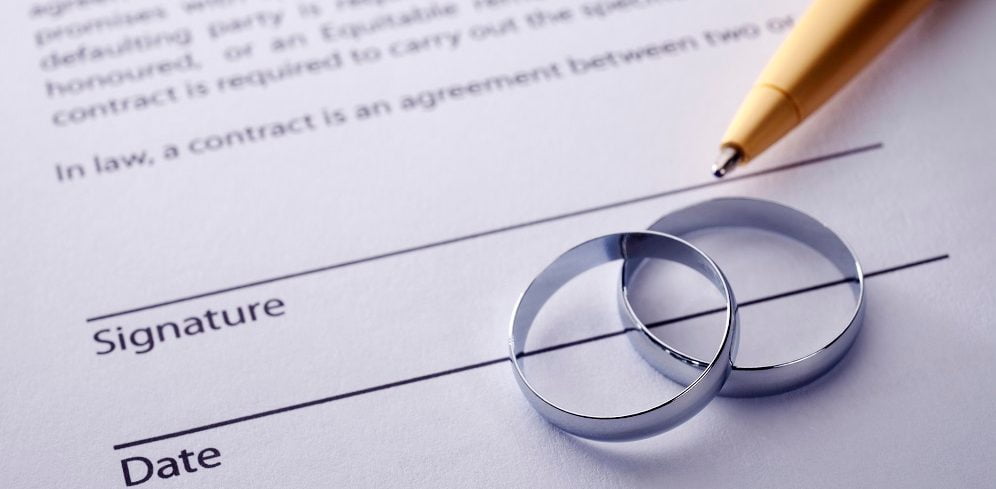The translation is critical in the United Arab Emirates where legal papers, Visa requests, study materials, and business transactions are usually multilingual. However not every translation is all the same. Certified or uncertified translation may be the difference between admitting or rejection of your documents by the UAE authorities. It is crucial that people and companies that work in such a multilingual environment understand when a certain situation can be regarded as the case of certification and when it is necessary to legalize a particular language.
What is it that makes a Translation a Certified Translation in UAE?
In the UAE, certified translation means official translation of a document with a signature of a translator who proved his/her professionalism by passing the exam before the Ministry of Justice (MOJ). This signature and stamp is a legal insurance of precision and perfectness. Certified translations are critical in cases where the documents are presented to the courts and government departments, embassies or any other institution that needs a legal legitimacy. In comparison with it, uncertified translations may be utilized when a general communication, internal documentation, or marketing information is required. They can be done professionally but just not the official recognition that would be needed in a legal or governmental environment.
Under consideration of Arabic as the national language of the UAE, it is directly involved in formulation of certification requirements. Anything presented to any entity inside the UAE government must be translated into the Arabic language, and the translation is needed to be accredited. No matter the nature of a document to be translated, be it residency application, business license, legal contract, academic transcript it always goes the same way; without a certified translation in Arabic, a document will not be recognized as functional. Even when the original copy is in English, a common language used in the nation, sometimes documentary procedures presuppose the availability of a certified Arabic copy.
The leniency that is at times provided to the English-language documents is usually provided to those non-government or informal sectors. As an example, English documents can be accepted by a private employer, that who organizes an event, or educational institutions, without their translation. Nevertheless, as soon as the documents are transferred to some authority- the Office of State Human Resources or the Court of Dubai, they should comply with formal language and certification requirements. This is especially essential in work strike issues, company registrations, visas and property deals where certified Arabic translations are not a matter of choice.
Language-Specific Case and Legal Laws
Those who speak Arabic and English have to handle languages that do not belong to their domain such as French, German, Russian or Urdu, among others. All documents which are to be used officially in the UAE and are written in these languages must be translated to the Arabic language by a certified translator. Let us say a certificate of marriage issued in French, a university certificate issued in Germany, or a certificate of birth issued in Russia; these among other certificates will not be legally acceptable unless they are translated into Arabic and certified as such. In certain instances, it is possible that the embassies expect certified translations into their language, but certainly in the local UAE affairs, it is always Arabic by default.
In some cases, the two stages of translation are involved, when it is not possible to certify directly into the Arabic language. Take a Chinese document for instance, it may need to be translated into the English language by a professional in the native-language, and other MOJ certified translators in the Arabic language. This indirect process is agreeable provided that the two steps are registered and the end product in Arabic is approved. It may add time and cost to consider though in advance it should be taken into account with an urgent submission.
Even the uncertified translation can be used in the multicultural environment of the digital-first Dubai. E-commerce portals, product literature, social media materials, training guide, and intrapersonal communication may have to be read in multiple languages such as Tagalog, Hindi, Malayalam, or Farsi. In such a situation, the translation has to be professional and does not have to be certified as such but only have a clear cultural and cultural appropriateness. In case the piece is not delivered to a government office or the court, a certified translation might prove to be over the top and unnecessary.
When individuals mix up the role of a translation or do not even foresee that they will require certifying it, troubles occur. The most common practice includes the idea that a reasonably translated document even into English will pass the requirements by courts. Such an assumption may cause delays, application rejection, and deadlines. Authorities in the UAE are particular in the receipt of certified versions of Arabic almost in all formal uses. The certification does not happen on a formality basis but it is a regulation that has to be complied with.
Only with the translators registered with the UAE Ministry of Justice, certified translation may be issued. Though most translation agencies will provide both certified and non-certified services, it is the duty of the client to state what he requires. Also, some documents might require some additional validation procedures to be done e.g. notarization by the local authority, attestation by the Ministry of Foreign Affairs or by the embassy. Such procedures differ by the origin of the document and the purpose of usage of the document and it is even more significant to make the requirements clear in advance.
When to Opt Certified or Uncertified Translation
Practically speaking, it is not necessary to waste time and count the money incorrectly because there is the need to get certified translation of particular languages at a particular time. Primarily, Arabic comes first in every industry. Although English might be widely used, it has to be translated to Arabic to be validated in a legal sense.
In the case of individuals, generally it comprises marriage and birth certificates, academic records including past academic certificates and mark sheets, medical reports including hospital reports and lab reports, and bank letters. To companies, this will require companies to certify contracts, shareholders agreement, compliance reports and trade licenses. Definiteness of such rules, enables easier submissions without sudden shocks with regards to time-sensitive applications or government deadlines.
Finally, the choice of certified and uncertified translation must be made according to the destination of the document. When the document is meant to be used internally or in case of general communication or when they read content to the consumers, it should be translated uncertified with quality. However, in case the document is to be taken to court, a ministry, an embassy or any other lawful route; a certified translation of the document to Arabic is required. Underestimating this difference is not just inconvenience although it may cause such complications as disrupting business or postponing immigration and other legal processes.
Due to the fact that UAE is becoming a larger business and cultural hub, the need to have accurate, accurate translation rises correspondingly. The country has the advantage of multilingualism but it also has order, particularly concerning legal affairs. Being aware of the rules, as well as collaborating with the translators who have experience and are licensed, there is a certain guarantee that your documents are properly translated and have a basis in law.
A certified translation, in short, is the lawful linkage between your paper and the institutions of UAE. Untested ones are used in other rooms, clarity, participatory and plasticity. The knowledge of whose whereabouts works like a charm in a system where procedures of accuracy are the norm.


